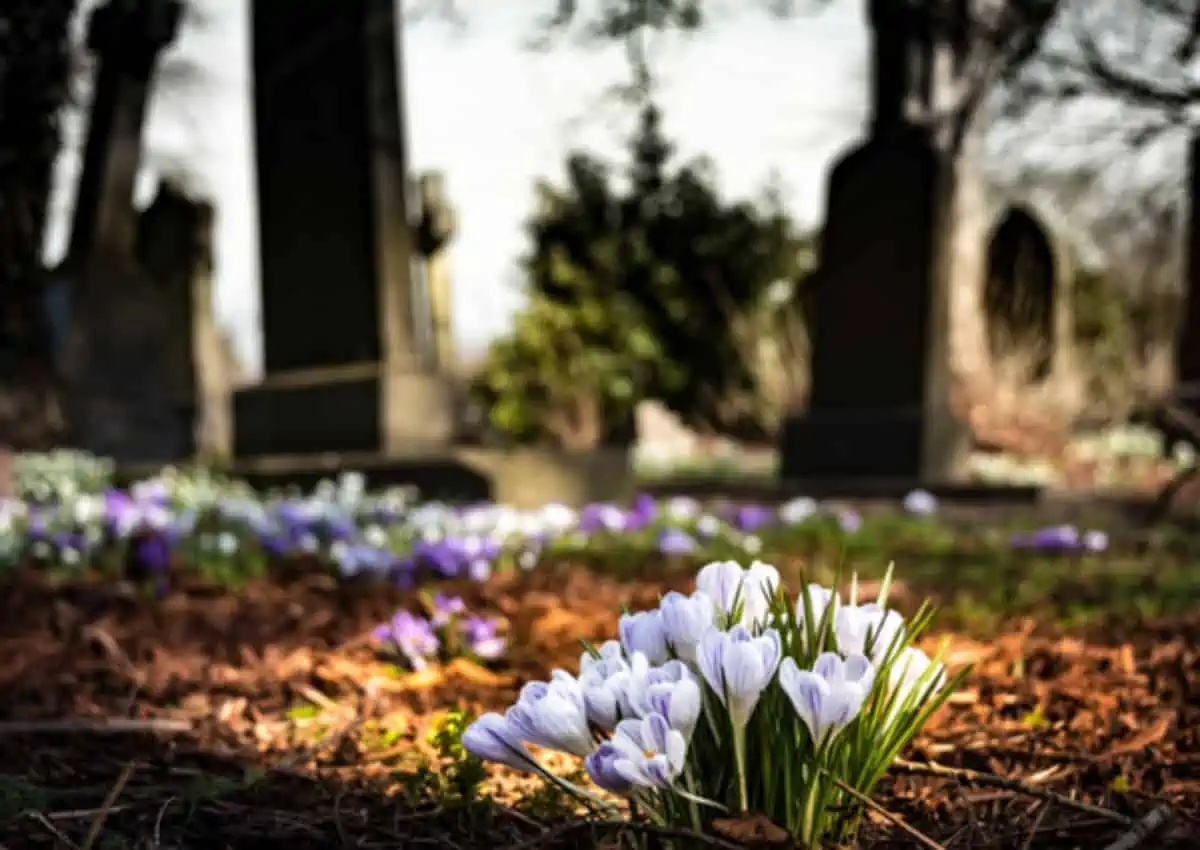Debt is one of the most frustrating and scariest things you have to ensure that is settled, but what happens to it when you pass away? Sebastien Alexanderson, founder and debt councillor at National Debt Advisors (NDA), says that to assume our debt will be scrapped is detrimental to the financial well-being of our loved ones left behind.
“In the event of someone’s death, his assets and liabilities are transferred to their estate, and the estate is then responsible for paying off debts and distributing assets as per will specifications. If the assets are distributed to them before the debts are settled, heirs may have to pay the debts from their share of the estate.”
How debt is dealt with depends on whether the debts is secured or not.
“Secured debts are those that are guaranteed against specific assets. These are tangible items taken as security for loan repayments so that if payments cease, the bank can sell or use certain property to recover the amount owed,” said Alexanderson.
“Unsecured debts are the opposite of this. There is nothing attached to the debt, and if payments were to stop, the bank will not have anything to repossess. In these instances, to pay off debt, the bank must go to court and get an order charging for the sale of valuables to recover the funds.
“He said that when it comes to secured debt and the person owing passes away, it is the responsibility of the person who inherits the house to pay off the balance of the mortgage on the deceased’s behalf. In the case of a joint mortgage, the survivor is still responsible for the balance.
“Keep in mind that the house serves as collateral for the debt. So, if the debt not repaid, the bank can repossess the house and sell it to pay off the debt,” he added.
Alexanderson says there are ways to minimise and mitigate family members inheriting debt, but the best way to ensure only positive things are left behind after death is to maximise your wealth and financial wellbeing now.
Source: Business Tech, The Citizen, image from Business Tech
